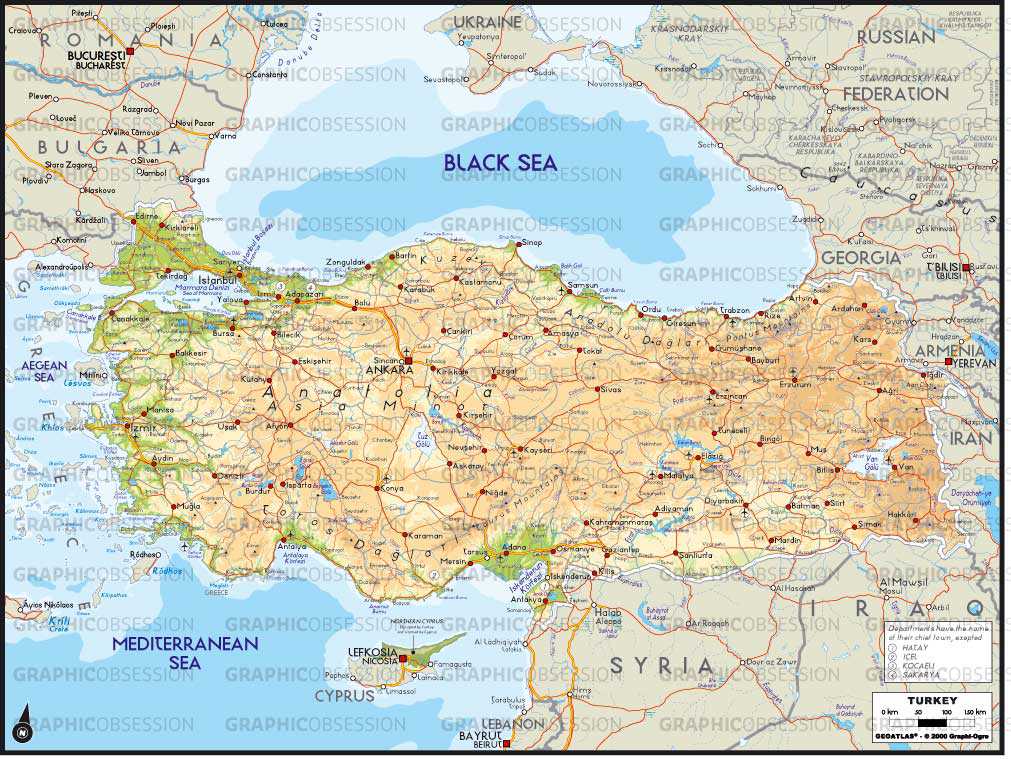I was in Berlin last week to attend a panel discussion on “Turkey after the June 12 elections” organized jointly by the German Orient Institute and the Intercultural Dialogue Forum supported by the Fethullah Gülen faith-based social movement.
The panel discussion was held on June 27 in a conference hall at the German Parliament. Among other questions I, of course, was asked about the crisis created by nearly a third of the 550 elected deputies belonging to the main opposition Republican People’s Party (CHP) and pro-Kurdish independent deputies refusing to be sworn in to the new parliament. This was my response.
In the 21st century Turkey is involved in a gradual regime change. It is moving away from a kind of democracy under a military-bureaucratic tutelage toward a liberal and pluralist democracy. It is becoming evident at each step, however, that this transition is not at all an easy affair. The basic assurance for the eventual success of the transition is the strong support by the people of all social segments and regions. The elites of Turkey are, however, split (to this or that extent) between the supporters of the “old” and “new” emerging regime. This split runs across the military, judicial, economic, academic, journalistic and cultural elites and even political parties.
The party that reflects this split best is the CHP. Following the election of Kemal Kılıçdaroğlu as chairman in May 2010, the CHP took significant steps towards renewing its leadership and discourse towards committing itself to a liberal and pluralist democracy, away from being a major bastion for the old regime of tutelage. This move was, however, fraught with contradictions and inconsistencies at nearly every step. Deputy Chairman Sezgin Tanrıkulu declared in January 2011, “Suspects in the Ergenekon judicial case cannot be released from detention even if they are elected to Parliament.” Mr. Kılıçdaroğlu stated just a week before the election, “The Ergenekon suspects cannot join Parliament if the courts do not allow them.” Why then did the CHP nominate persons suspected of belonging to the Ergenekon criminal network, which was plotting the overthrow of the elected government, and why do the CHP deputies refuse to be sworn in to Parliament in protest of the court’s decision not to release the Ergenekon suspects? One response that is gaining ground is that advocates of the “old regime” (if you wish, the Ergenekon mindset) have recaptured the CHP and are attempting to altogether discredit the judicial case against the Ergenekon criminal network. What seems highly likely, however, is that the fight between the “old CHP” and the “new CHP” (which reportedly opposed the nomination of the Ergenekon suspects) will continue and perhaps lead to the splitting of the party.
The struggle between the “old” and the “new” is observed also in the ranks of the pro-Kurdish Peace and Democracy Party (BDP). The BDP, by including former critics of the Kurdistan Workers’ Party (PKK), Turkish socialists and representatives of religious minorities among its nominees for Parliament, took a major step towards committing itself to democratic parliamentary politics. By pursuing such a “broad front” election strategy the BDP managed to get elected 36 out of 62 independent candidates it supported, thereby successfully surmounting the 10 percent threshold designed to keep it out of the Parliament.
Surely, the fact that the Supreme Election Board (YSK) first endorsed the candidacy of Mr. Hatip Dicle, detained for violating the draconian Anti-Terror Law, to later annul his election, upon learning about a past conviction that bars him from Parliament, is an injustice that needs to be redressed. Surely, the Anti-Terror Law, a bastion of the “old regime,” needs to be amended to comply with the requirements of a democratic society. But if these are its real aims, shouldn’t the BDP engage in Parliament’s work rather than boycott it? It is clear that the BDP has not yet entirely overcome the habits and methods related to the “old regime.”
And how about the governing Justice and Development Party (AK Party)? Prime Minister Recep Tayyip Erdoğan and his government have provided great services to the country, and so the people, half of the country, both Turks and Kurds, rewarded him with a strong mandate to help make Turkey one of the most advanced economies and democracies in the world in time for the 100th anniversary of the founding of the republic, as he dreams of. This strong mandate, however, also implies huge responsibility. Erdoğan cannot achieve his dream for 2023 without adopting an entirely new and democratic constitution that meets the democratic demands of Kurdish citizens and without paving the way for the PKK to lay down its arms and engage in peaceful politics.
Erdoğan is Turkey’s leader. Overcoming the crisis created by the CHP and BDP is his responsibility before anybody else’s. He has pledged to lead the adoption of a new and democratic constitution through dialogue and a broad consensus among all political parties and civil society groups. The resolution of the current crisis through dialogue with the CHP and BDP can help open the way for building broad consensus for a democratic constitution. The crisis may thus be turned into an opportunity.zaman


Leave a Reply